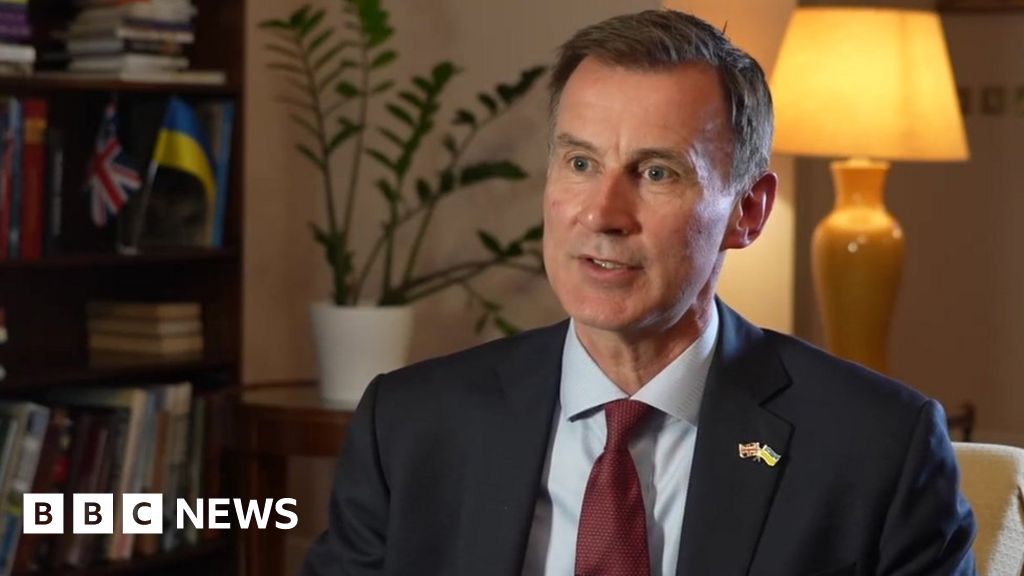
Health
Dalguise probe launched as parent recalls pupils ‘vomiting’
Liverpool’s Premier League title hopes over after defeat at Everton, says Jamie Carragher | Football News
Sports
Liverpool lost at Everton for the first time since 2010 in the Premier League on Wednesday night; 2-0 defeat leaves Jurgen Klopp’s …
How NASA Repaired Voyager 1 From 15 Billion Miles Away
Science
Throughout the five months of troubleshooting, Voyager’s ground team continued to receive signals indicating the spacecraft was still alive. But until Saturday, …
Moderate Exercise Linked to Lower Depression Risk
Health
Summary: Low to moderate intensity exercise significantly reduces depression rates. The umbrella review analyzed global studies and found a 23% decrease in …
Migrants undeterred by deaths to continue Channel crossing attempts
U.K.
By Andrew Harding BBC News, Calais 24 April 2024 Updated 6 hours ago To play this content, please enable JavaScript, or try …
Israel thought to be preparing to send troops into Rafah | Israel-Gaza war
World
Israel appears to be readying to send troops into Gaza’s southernmost city of Rafah, the only corner of the strip that has …
Share of electricity generated by fossil fuels in Great Britain drops to record low | Energy industry
Business
The share of Great Britain’s electricity generated by burning fossil fuels plummeted to unprecedented lows this month, ahead of plans to begin …
WhatsApp for iOS is rolling out passwordless logins with passkeys
Technology
One more app joins the passwordless future we’ve been promised. WhatsApp says it’s now rolling out support for passkeys in the iOS …
Matty Healy breaks his silence over ex Taylor Swift’s new album The Tortured Poets Department
Entertainment
Taylor Swift’s The Tortured Poets Department: Full tracklist and meanings in her double album Tracks on The Tortured Poets Department 1. Fortnight …












/cdn.vox-cdn.com/uploads/chorus_asset/file/24062762/STK110_whats_app_Kradtke_01.jpg)





